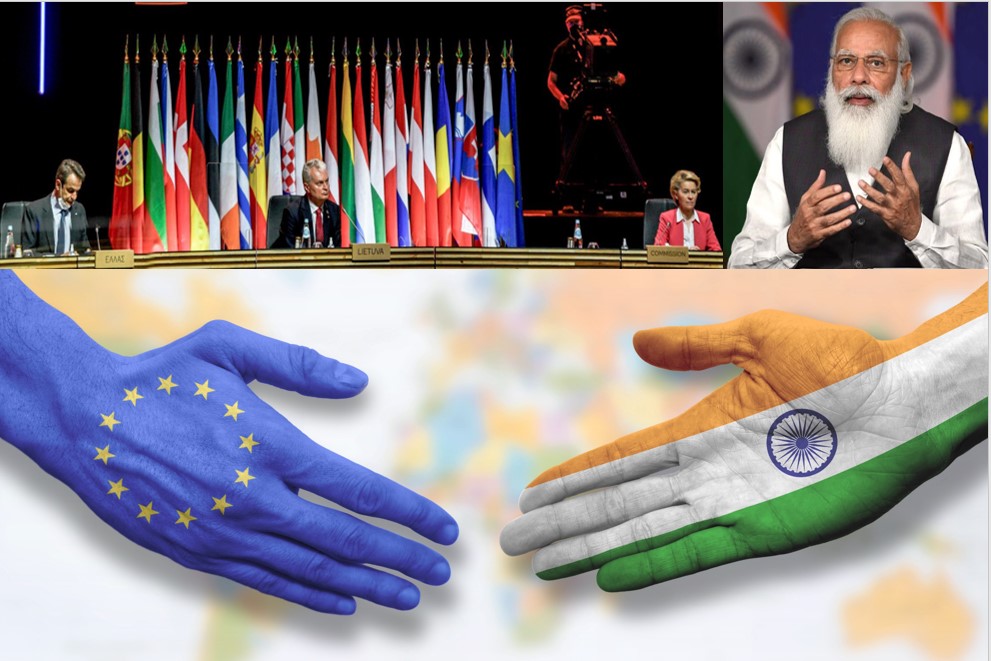
Europe Bound India
Wed, 12 May 2021 | Reading Time: 7 minutes

Europe Bound India
With the virtual summits with the UK on May 4 and the European Union (EU) on May 8, a new dynamism is bring imparted to India’s relations with Europe. Brexit has provided the opportunity to put bilateral ties with the UK on a new footing independently of the EU. The EU has been reviewing its ties with India in the evolving international context, with a new recognition that these need to be strengthened to meet the new challenges that both are facing.
India’s growing economic profile, huge market, human resources, partnership potential in advanced technologies is attractive for both the UK and the EU. Climate Change and related issues of green technologies, the environment, and sustainable development require stronger bilateral dialogues.
With China looming large on the international stage, openly displaying hegemonic ambitions, threatening a “rules based international order”, weaponising economic dependencies with its control over critical global supply chains, the case for strengthening the existing strategic partnerships between India and both the UK and the EU has become stronger. In this context the UK and the EU have felt the need to think strategically about the Indo-Pacific, which requires more understandings and collaboration with India.
That the EU as an entity is India’s biggest economic partner and ties with the UK are multi-dimensional provides in itself the rationale for expanded ties.
As regards the UK, the approach is to realise some short term gains but focus on the longer term relationship. Accordingly, a 10 year road map- the 2030 vision-has been agreed to, covering trade, investment, technology, defence and security, the Indian Ocean Region and the Indo-Pacific, climate, clean energy, and health. The aim is to elevate the India-UK relationship to a Comprehensive Strategic Partnership (CSP). The agenda is vast and challenging, requiring a national effort on both sides. Its implementation will need constant monitoring to keep the momentum going. For that an annual Strategic Review meeting at the Foreign Minister level is envisaged, with progress reported back to the two Prime Ministers.
The joint statement summarises the core results of the virtual summit: a common vision of a new and transformational India-UK Comprehensive Strategic Partnership, the launch of an Enhanced Trade Partnership, the intent to negotiate a comprehensive Free Trade Agreement, consideration of an Interim Trade Agreement to deliver early gains, removing trade barriers on the path to an FTA, an ambitious target of more than doubling India-UK trade by 2030. In addition, the signing of an India-UK MoU on the Global Innovation Partnership co-financed by the two countries to support the transfer of inclusive innovations from India to selected developing countries, progress made on GIFT City to promote greater links between it and the UK financial services ecosystem.
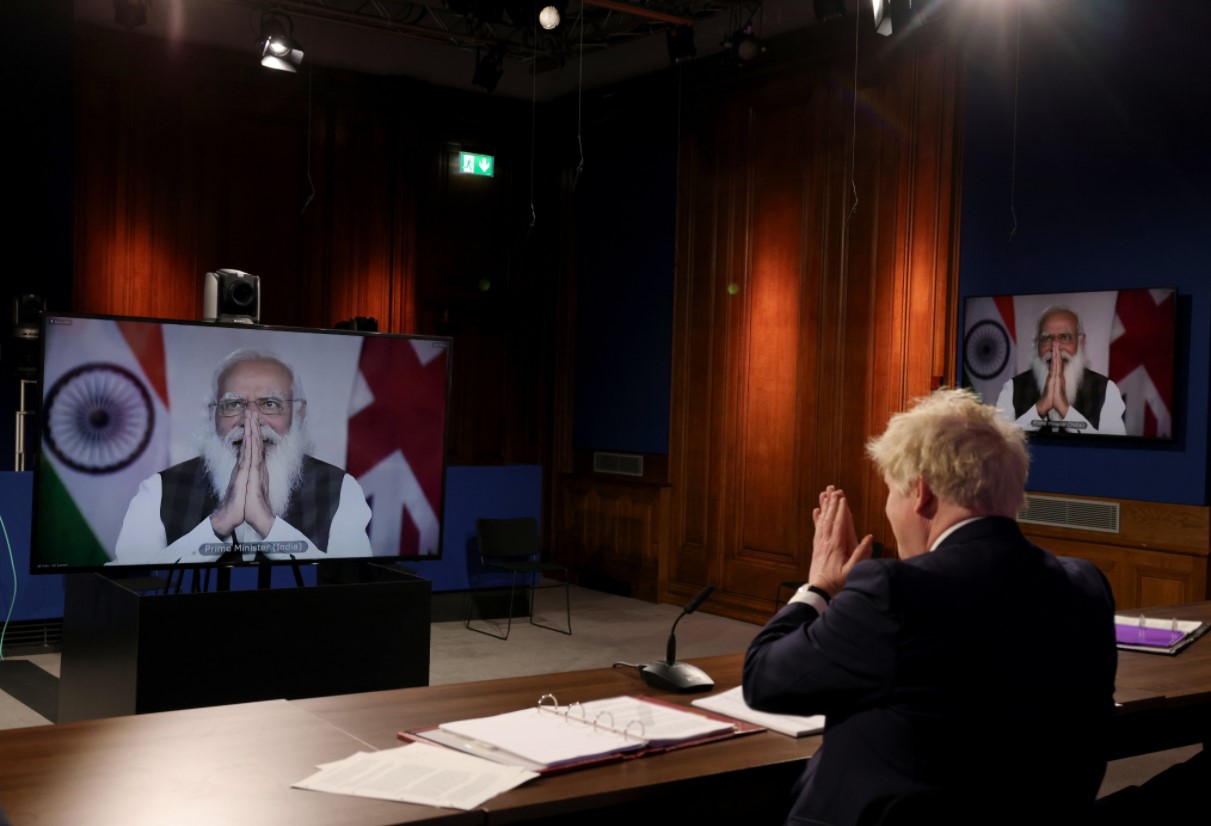
The other highlights are: more cooperation on Digital Technology, placement of a UK’s Liaison Officer at India’s Information Fusion Centre, establishing an annual India-UK Maritime Dialogue, joint exercises during the deployment of the UK’s Carrier Strike Group in the Indian Ocean Region in 2021, exploring collaboration on key military technologies including combat aircraft, maritime propulsion system and complex weapons.
In the context of the declared Indo-Pacific tilt announced by the UK government, the formulation of the Indo-Pacific repeats the position taken by India with other western countries on the Indo-Pacific, namely, their shared vision of an open, free, inclusive and rules-based Indo-Pacific region, underpinned by respect for territorial integrity and sovereignty, rule of law, transparency, freedom of navigation and overflight in the international seas, unimpeded lawful commerce, and peaceful resolution of disputes.
India has been pushing for the initiation of text-based negotiations on UN Security Council reforms. The UK has supported this while supporting India’s permanent membership of the Council as well as of the Nuclear Suppliers Group.
The UK supports India’s Coalition for Disaster Resilient Infrastructure and under this it was agreed that climate resilient infrastructure through a new facility for Small Island Developing States under the Coalition for Disaster Resilient Infrastructure will be promoted.
A highlight of the summit was the signing of the comprehensive Migration and Mobility Partnership covering movement of students and professionals as well as irregular migration, with implementation no later than April 2022. Under this every year up to 3000 young Indian professionals can avail employment opportunities in the UK for a period of two years without being subject to a labour market test. The UK has such arrangements with Australia, Canada, Japan and South Korea. India sees this as a major gain.
The two sides aim to double bilateral trade which stood at $15.4 billion in 2019-20 by 2030. Under an Enhanced Trade Partnership (ETP), a comprehensive Free Trade Agreement is envisaged. The pre-negotiation scoping phase for this should be finalised by the end of 2021. By early next year or by the middle of next year, both sides have agreed to finalise an interim trade deal. The intention is to remove barriers to trade through a balanced and beneficial market access package including on agriculture, healthcare, education, legal services, seafarers, marine, healthcare and social security. As a confidence building measure the UK has agreed to an early market access package that includes fish exports by more Indian players, more opportunities for nurses, recognition of Indian seafarers certificates and a dialogue on a potential Social Security Agreement. In return, India has agreed to the UK’s demands on fruits, medical devices, mutual recognition of Master’s degrees and working on reciprocal opening of legal services in the future.
On the extradition of economic offenders, PM Modi sought their return but PM Johnson claimed that he faced some legal hurdles because of the nature of the criminal justice system in the UK, but promised to do whatever was possible to extradite them at the earliest.
It was agreed to expand partnership on vaccines, therapeutics and diagnostics on Covid-19 and beyond through joint research including on nasal vaccines, regulatory and clinical trial cooperation. UK is India’s second largest partner in research and innovation collaborations.
UK has recently come up with an integrated review on security, defence and foreign policy, which identifies India as a key partner. As a part of the British tilt to Indo-Pacific, the UK has announced deployment of the Carrier Strike Group in the Indo-Pacific region. India has agreed to conduct joint exercise with the CSG later this year, and also launch new maritime dialogue.
The India-EU virtual summit was focused on “Investing in EU-India Strategic Partnership”. The most important bilateral issue was the resumption of negotiations for a stalled trade agreement, for which it was considered imperative to find solutions to long-standing market access issues in order to create the required positive dynamic for negotiations. The negotiations on a stand-alone investment protection agreement will be launched, as also on a separate agreement on geographical indications. With India repudiating RCEP, the case for an FTA with the EU has become stronger, but, with India now having reservations about FTAs in general on the ground that they have not served our interests so far, we will need to review our policy approach. It was agreed to set up a joint working group to intensify regulatory cooperation on goods and services, including but not limited to the green and digital technologies.
At the international level, the text of the final declaration refers to a multipolar world (Europe believes in it despite its anti-US connotations), rules based multilateralism, stable trading environment with the World Trade Organisation (WTO) at its centre and the need for a reformed multilateral system, which reflects contemporary realities (the EU does not support India’s permanent membership of the UN Security Council).
The declaration calls for an equitable and affordable access to COVID-19 vaccines, diagnostics and treatments in line with India’s stand and recognises India’s efforts to produce and distribute COVID-19 vaccines to over 90 countries through its ‘Vaccine Maitri’. It also calls for cooperation on resilient medical supply chains, vaccines and the Active Pharmaceutical Ingredients, no doubt with China in mind. The EU has joined India’s initiative to set up a Coalition for Disaster Resilient Infrastructure and it supports India’s leadership under the International Solar Alliance, as reflected in the declaration which covers Climate Change issues at great length as it is a core issue for the EU. The first meeting of the EU-India High-Level Dialogue on Climate Change, was held on 28 April 2021.
India and the EU agreed to set up a joint 4 working group on resilient supply chains (important as India wants to profit from some supply chains moving out of China), an EU-India Senior Officials’ Dialogue to deepen bilateral cooperation on WTO issues, and the launch of a comprehensive Connectivity Partnership which contains language implicitly critical of China’s Belt and Road project.
The issues of global digital standards and network security, include 5G technology and beyond 5G, have become critical and this will be a subject of India-EU cooperation along with technological cooperation on Quantum and High Performance Computing. Convergences between regulatory frameworks of India and the EU to ensure a high level of protection of personal data and privacy, including through possible data adequacy decisions, with a view to facilitating safe and secure cross-border data flows, will be explored- a subject of major importance for India. Engagement under the High-Level Dialogue on Migration and Mobility will continue, and the Human Rights Dialogue will be resumed, hopefully without acrimony as the EU tends to be sententious about human rights without adequately recognising its own failures. On terrorism the formulation used meets Indian’s concerns but these have become pro forma.
The EU has developed an Indo-Pacific strategy. An inaugural India-EU dialogue on maritime security will be held, with enhanced cooperation between the Indian Navy and EUNAVFOR Atalanta in the Indo-Pacific region in mind. The language on rules based Indo-Pacific is the standard one that the West now subscribes to, with China’s infractions in mind. The two sides welcomed the development by the EU of its Strategy for cooperation with the Indo-Pacific and agreed to strengthen their cooperation in the Indo-Pacific region. The EU also appreciated India’s Indo-Pacific Oceans Initiative, which intends to promote international coordination and cooperation in the Indo-Pacific region.
All in all, India’s engagement with Europe is becoming more robust, with more meeting of minds and shared bilateral and international goals in many areas.
OP-ED by

Kanwal Sibal is a distinguished career diplomat who retired as Foreign Secretary to the Government of India. In 2017, The Government of India awarded him with the Padma Shri award for his distinguished services in the field of Public Affairs.
Disclaimer
The opinions expressed in this article are the author’s own and do not reflect the views of Chanakya Forum. All information provided in this article including timeliness, completeness, accuracy, suitability or validity of information referenced therein, is the sole responsibility of the author. www.chanakyaforum.com does not assume any responsibility for the same.
Chanakya Forum is now on . Click here to join our channel (@ChanakyaForum) and stay updated with the latest headlines and articles.
Important
We work round the clock to bring you the finest articles and updates from around the world. There is a team that works tirelessly to ensure that you have a seamless reading experience. But all this costs money. Please support us so that we keep doing what we do best. Happy Reading
Support Us




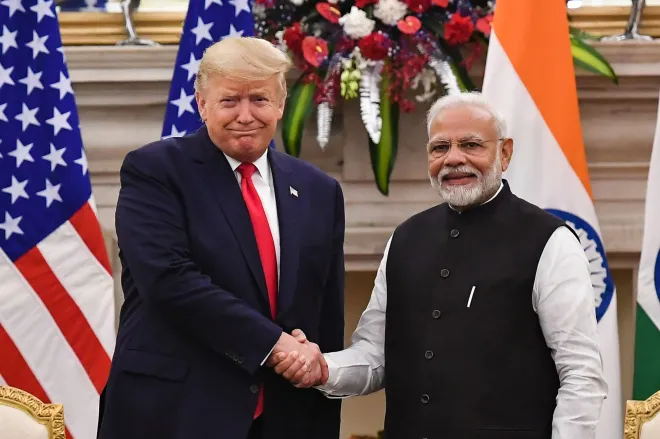
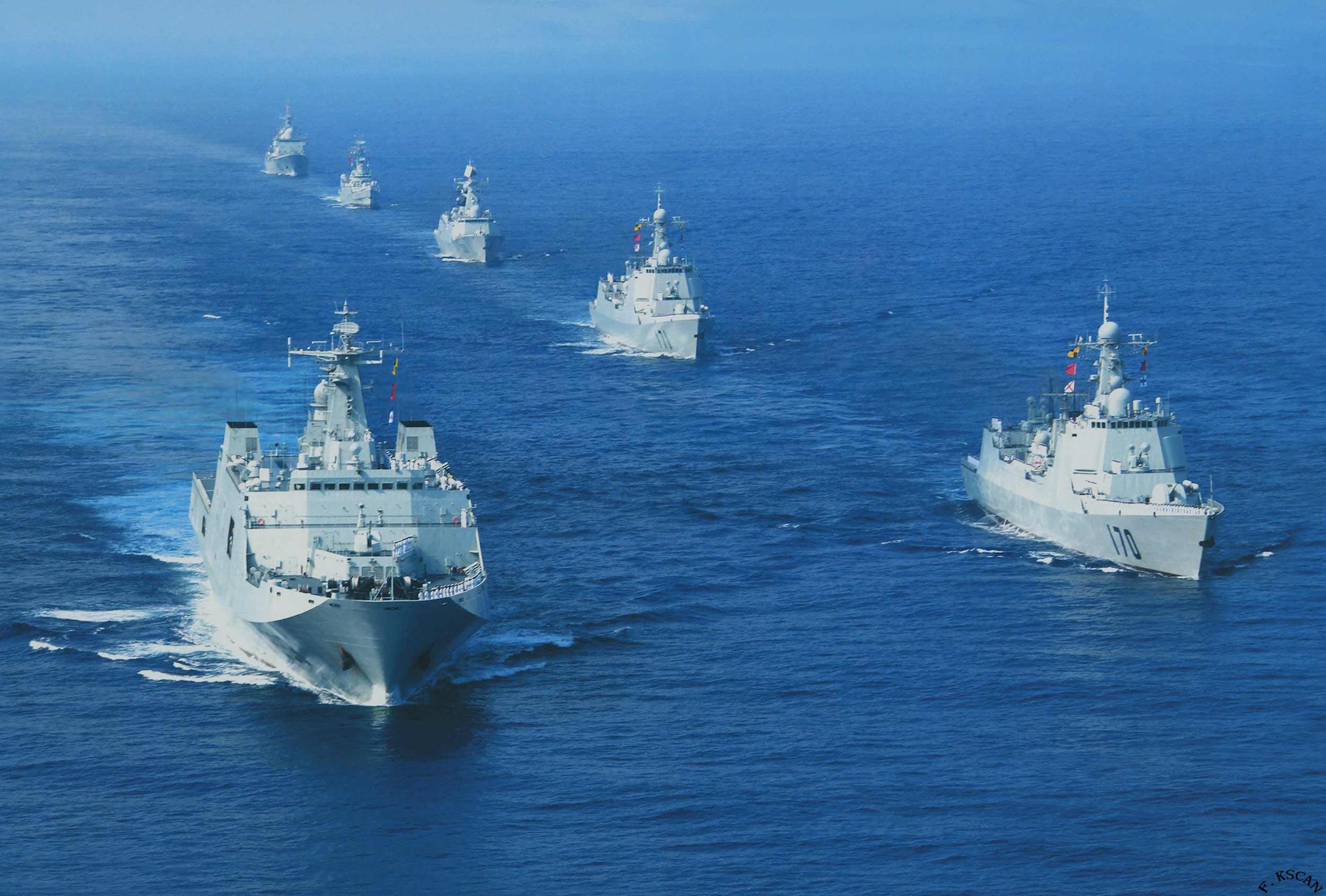
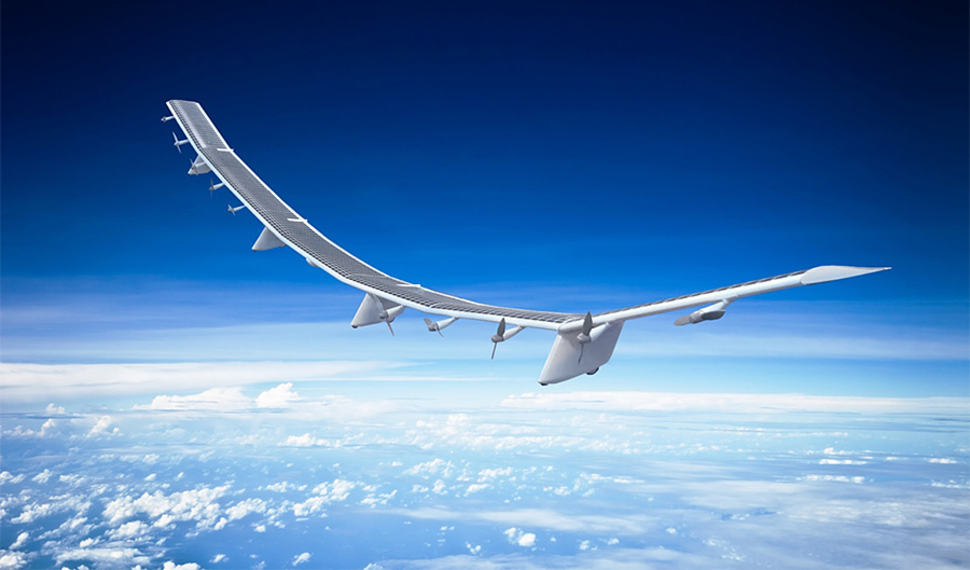
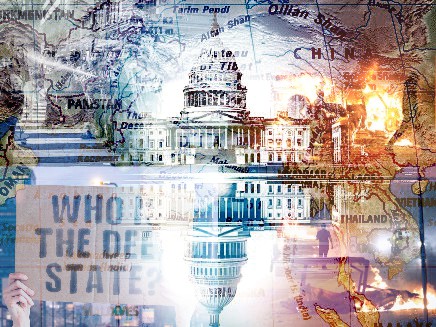
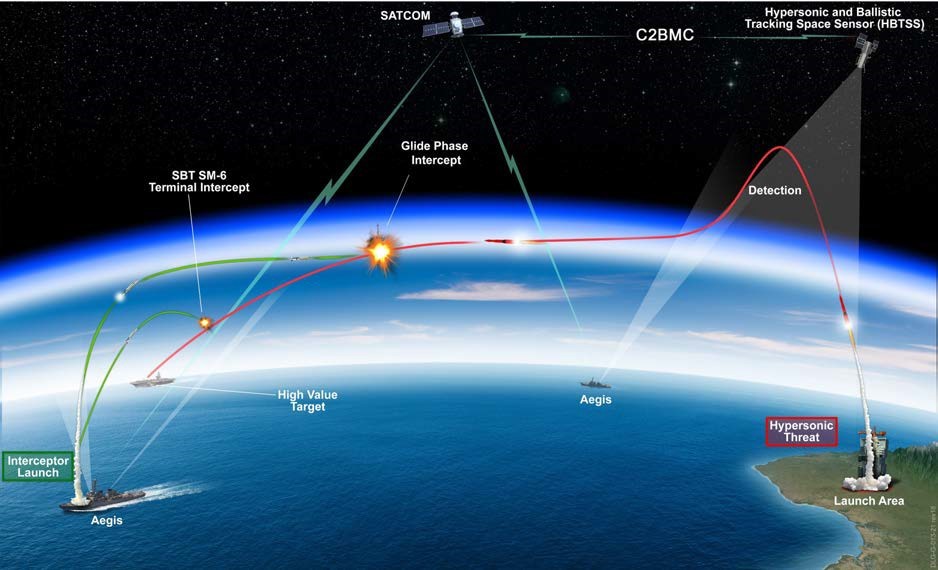
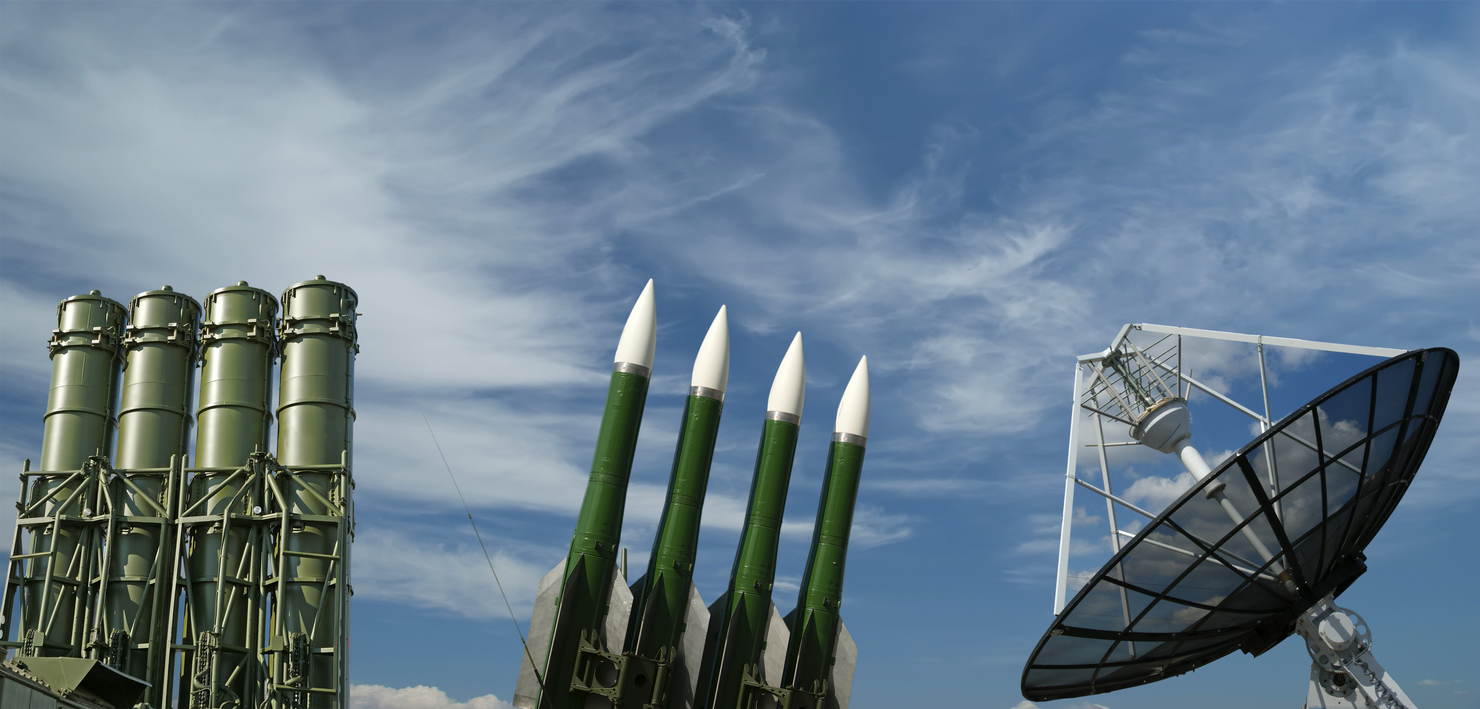
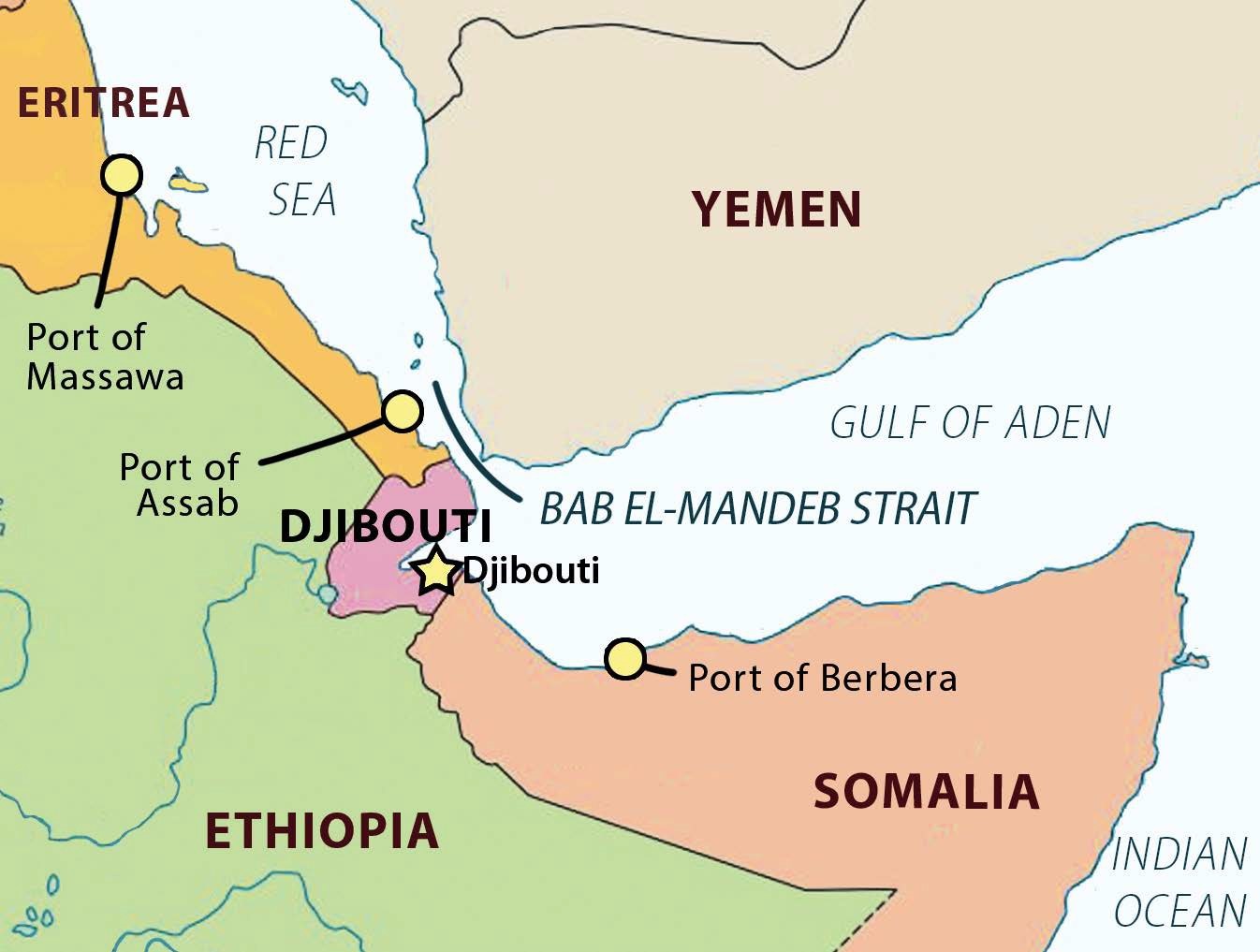
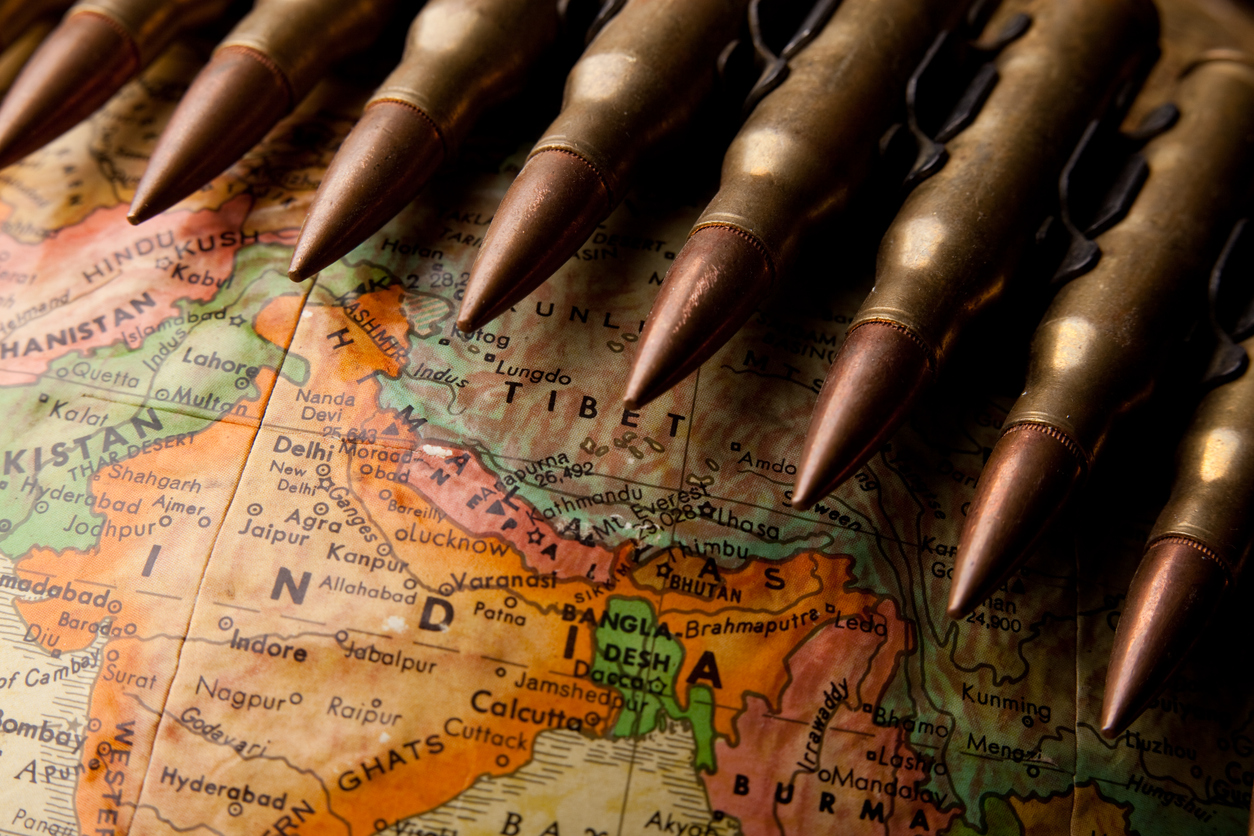
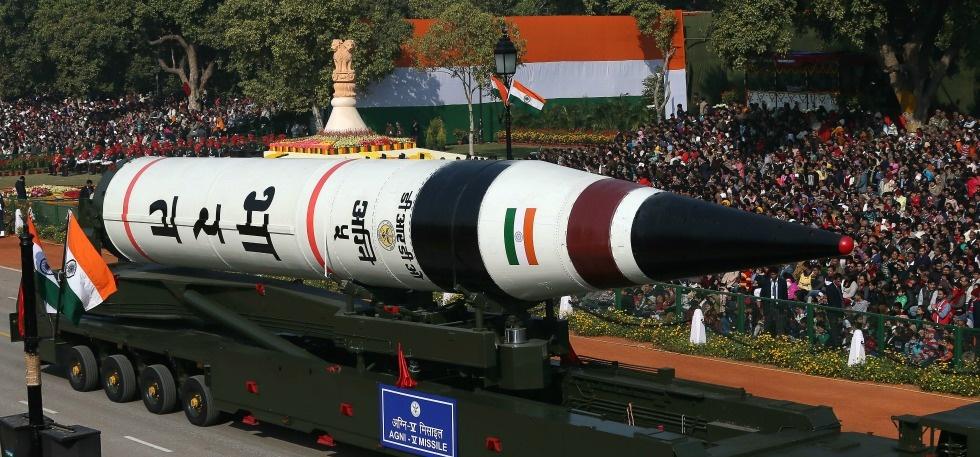







POST COMMENTS (0)